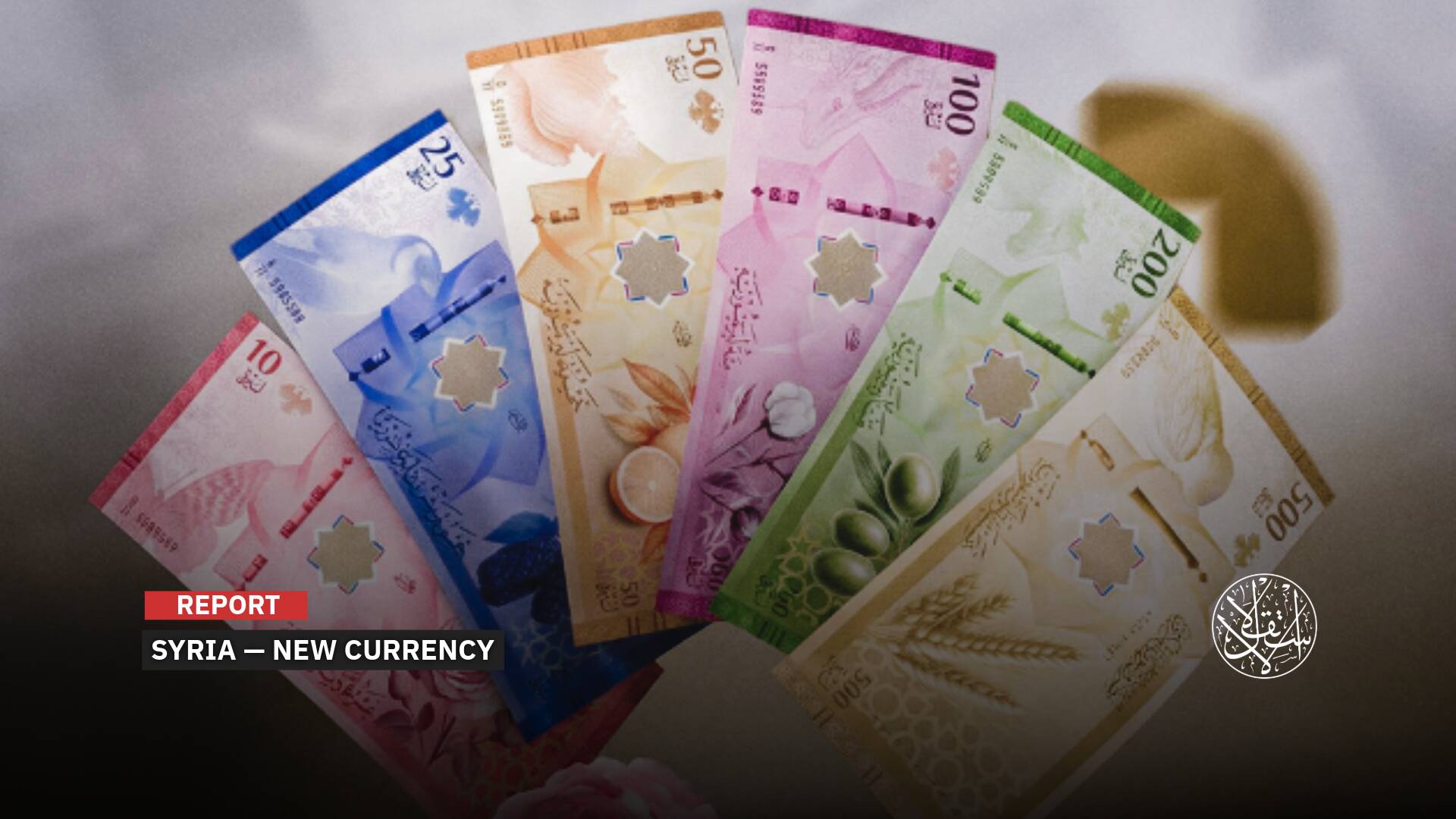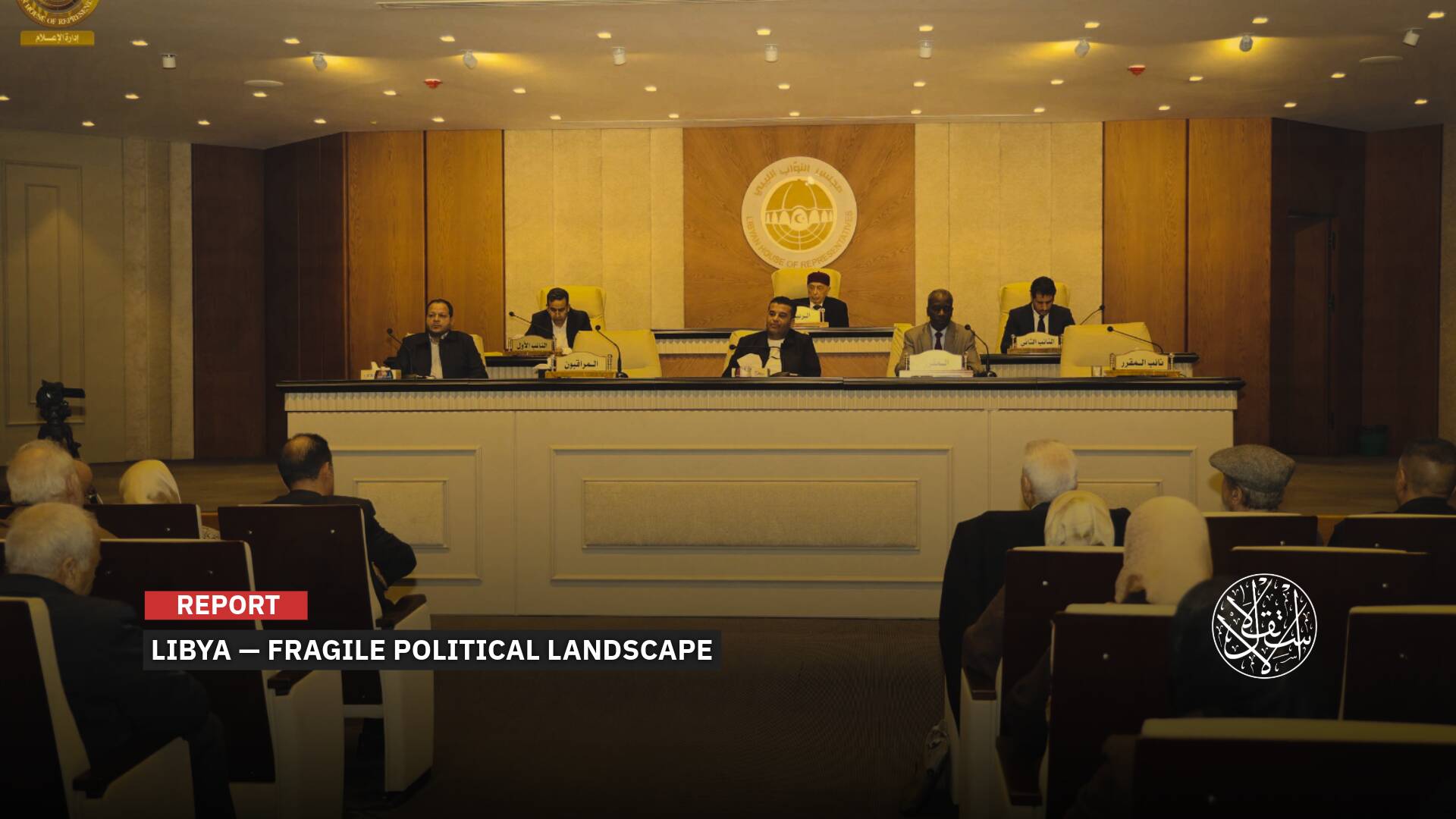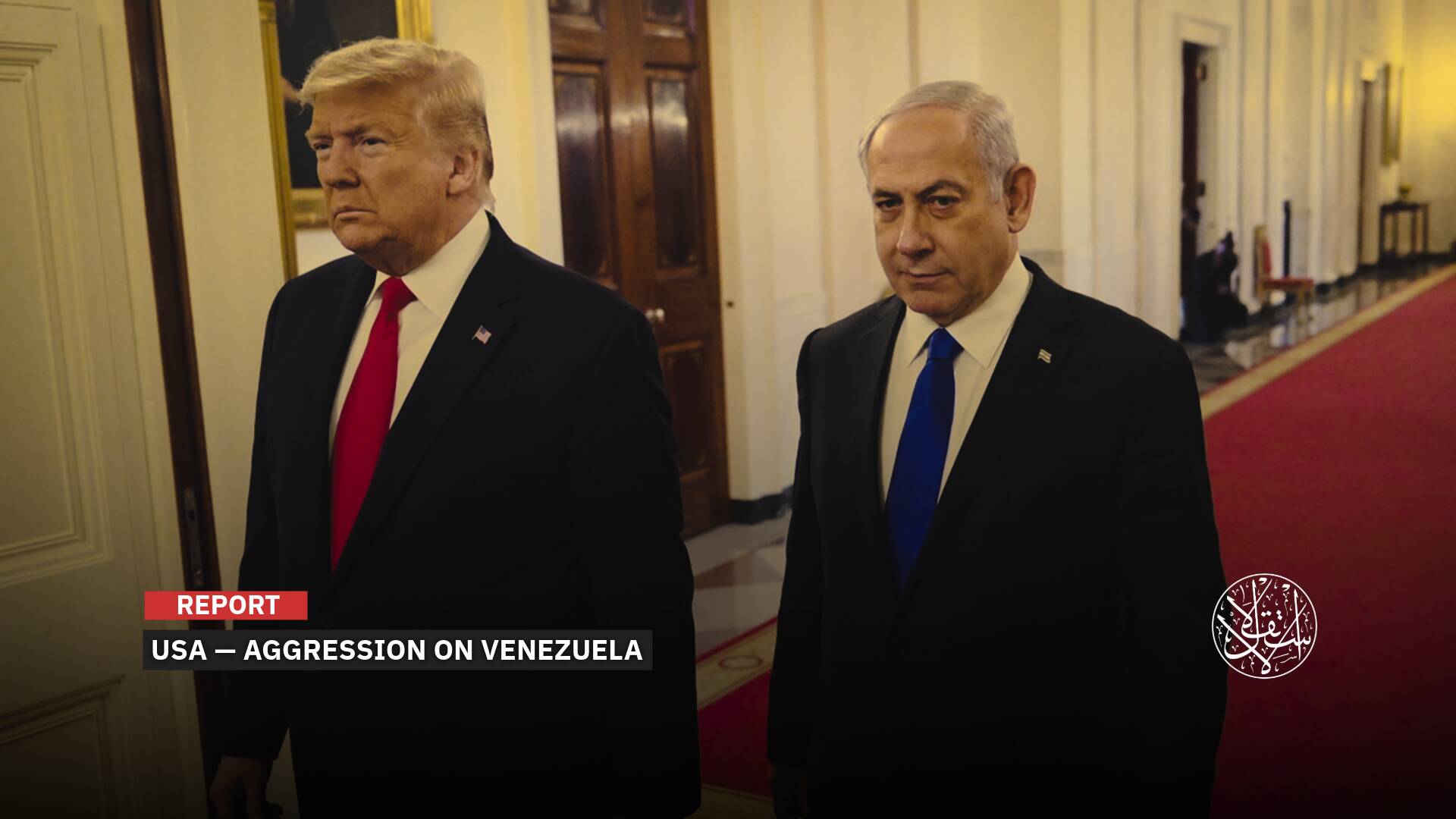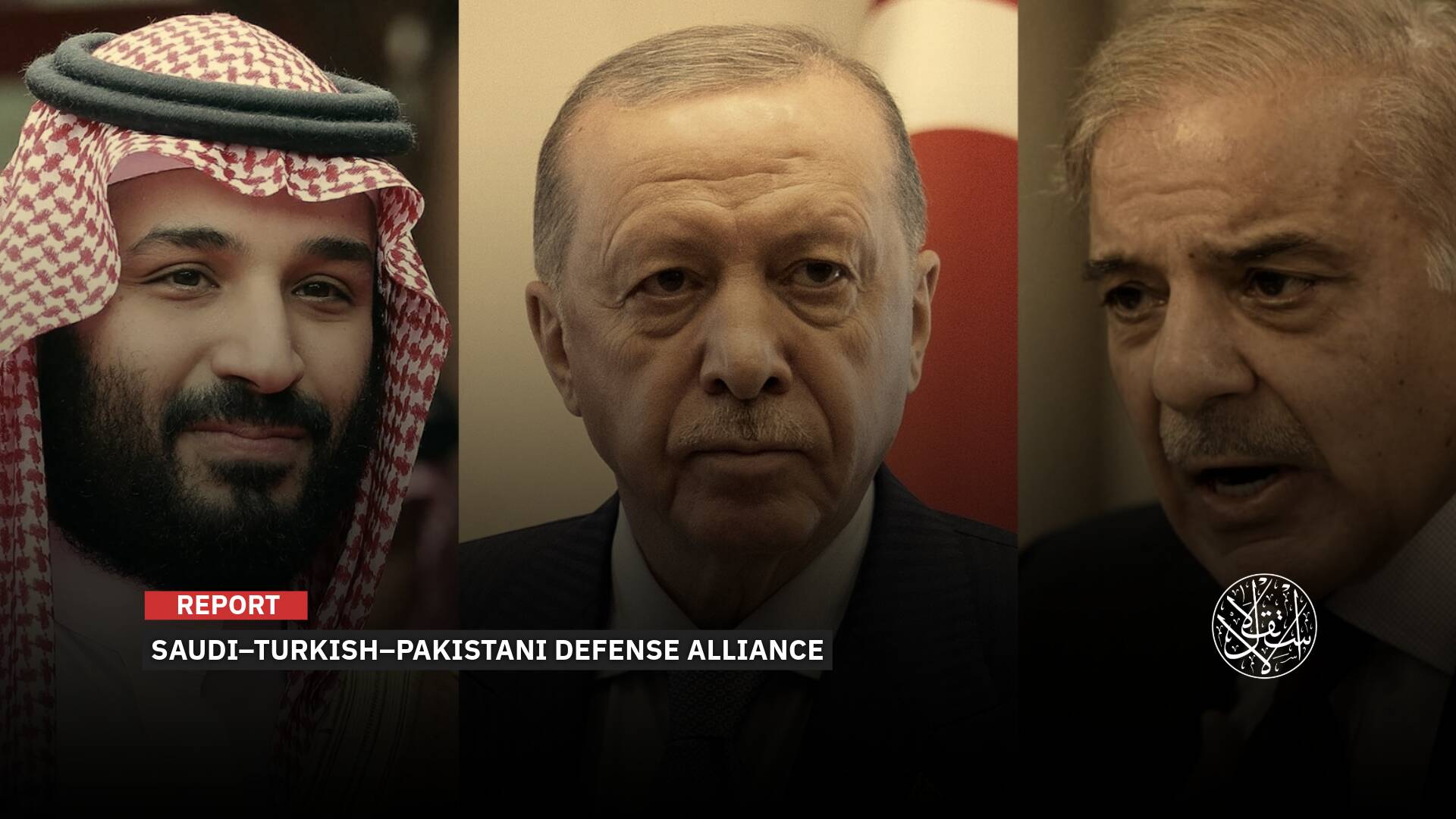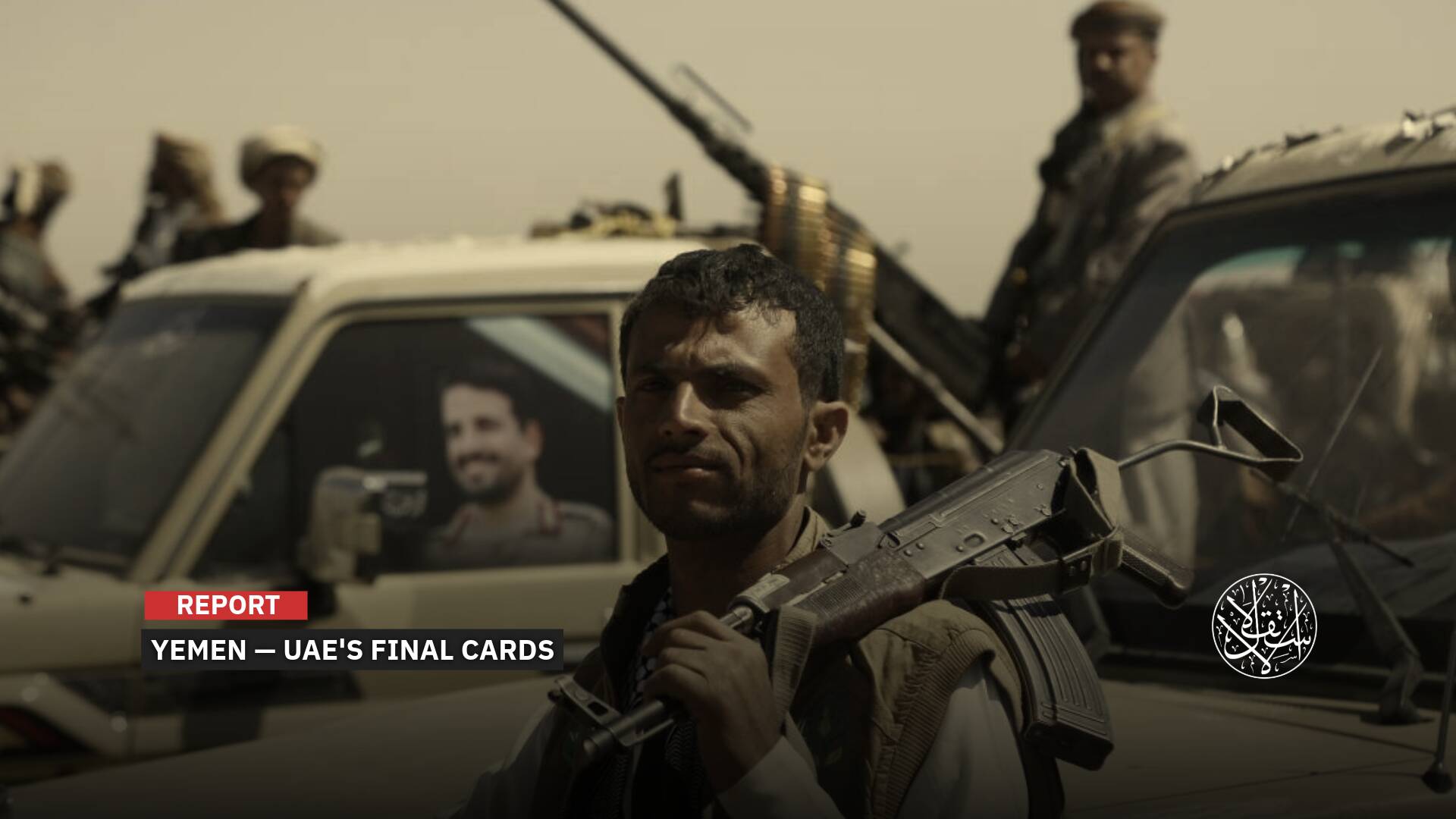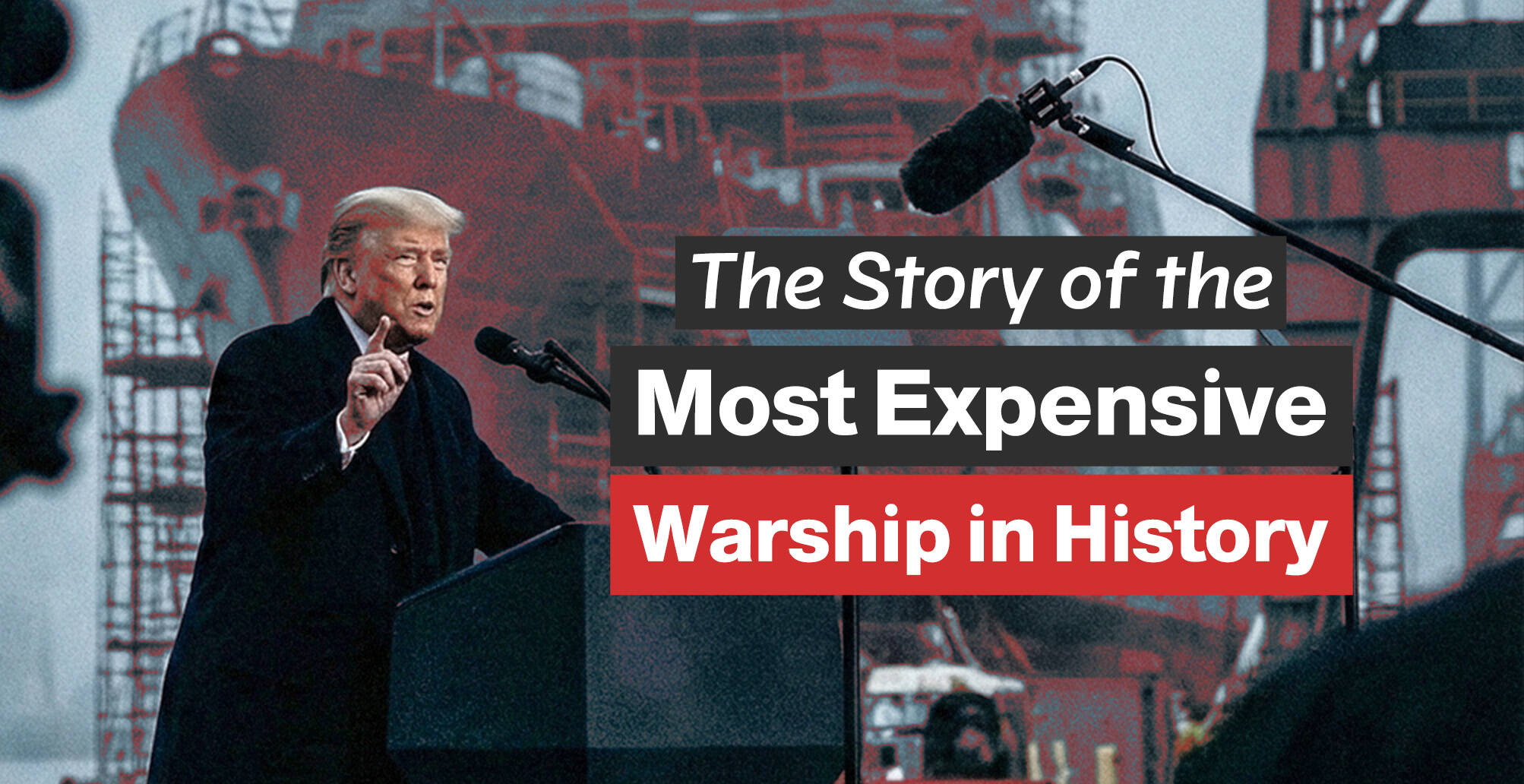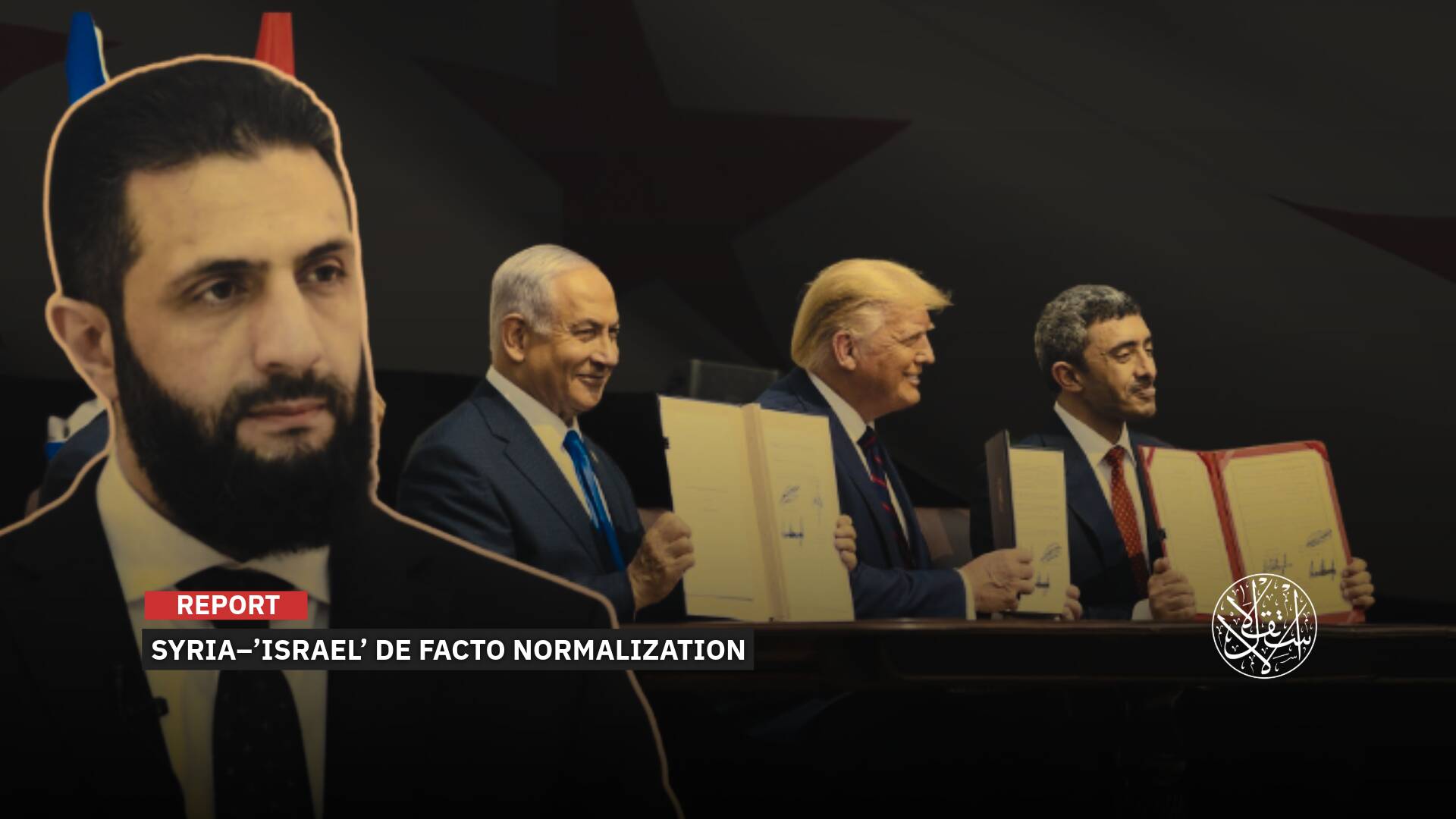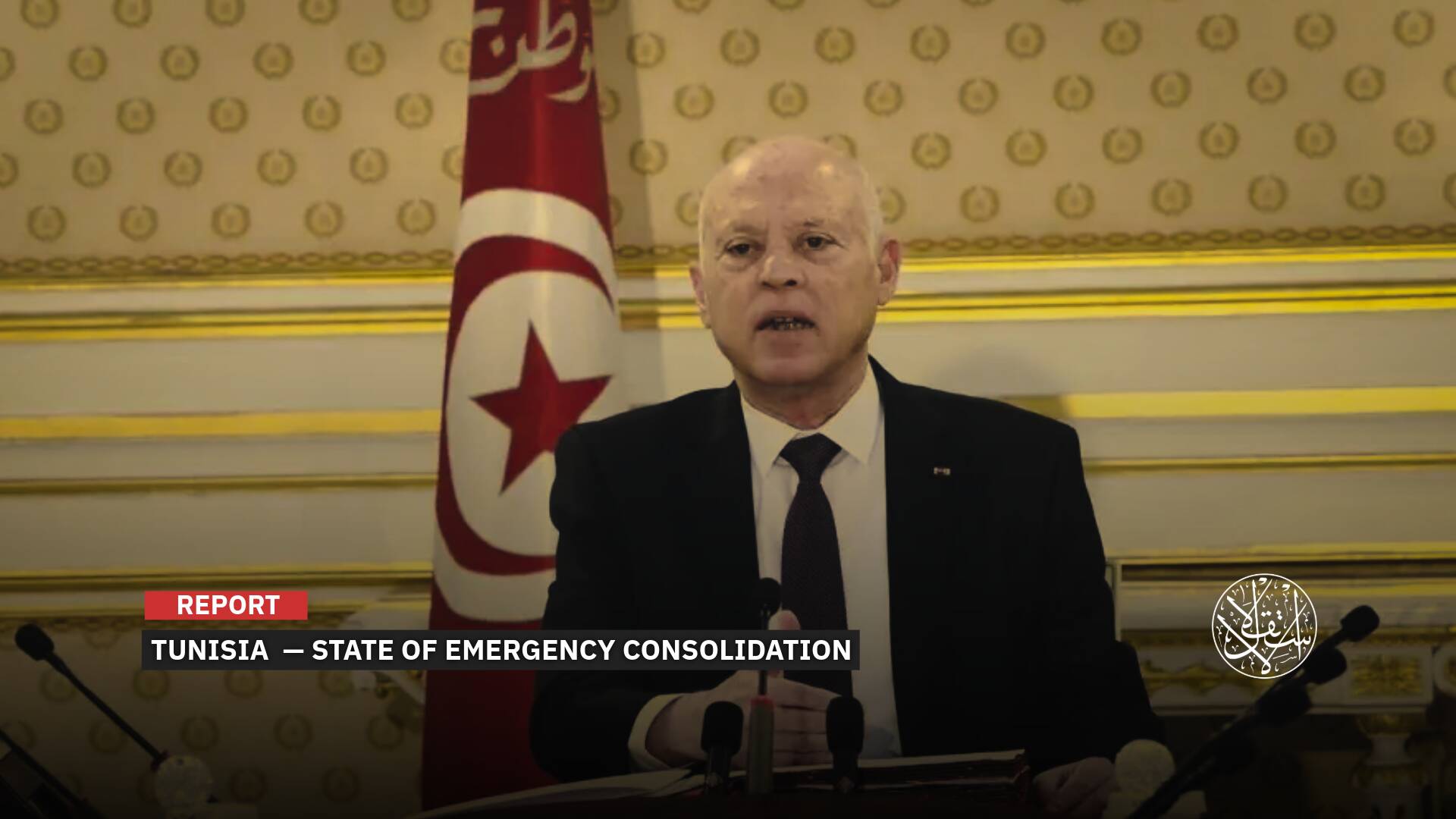Salaries Blocked: Washington’s Calculated Move to Unravel Iraq’s Popular Mobilization Forces

Washington urged Iraqi banks to identify their clients and verify their affiliations.
U.S. pressure on Iraq’s Popular Mobilization Forces (PMF) continues to mount, reaching the point of obstructing the payment of salaries to its members — a move that has sparked wide controversy in the country over the motive behind it.
Iraqi official bodies have described the issue as merely a “technical glitch” and said work is underway to resolve it.
For the first time since its founding in 2014, PMF members were seen lining up to collect their June 2025 salaries, after the electronic payment company Qi Card refused to process the payments.
Some fighters eventually received their wages in cash, ten days later.
U.S. Pressure
Amid the unfolding crisis, a member of Iraq’s parliamentary finance committee, Moein al-Kadhimi, accused the United States of exerting political and economic pressure on the Iraqi government, central bank, and local financial institutions — including, most recently, electronic payment firms — a move he said has directly affected the disbursement of salaries to the Popular Mobilization Forces (PMF).
Speaking to Iraq’s Shafaq News Agency on June 29, 2025, al-Kadhimi said, “PMF salaries were previously paid each month through al-Rafidain Bank and via the Qi Card company, but significant U.S. pressure is now being applied to both the bank and the company, which has led to disruptions in the payments.”
In a related development, Iraqi MP Majid Shankali revealed that the real reason behind the delayed payment of salaries to Popular Mobilization Forces (PMF) personnel lies in a U.S. push to tighten oversight over the disbursement of the group’s $2.7 billion budget.
In a televised interview on June 29, 2025, Shankali stated that the delay was “purely a banking issue,” adding that “the American side believes a large portion of those funds ends up in the pockets of corrupt power brokers with close ties to Iran.”
The Popular Mobilization Forces (PMF) issued a statement denying rumors that the U.S. Treasury or Federal Reserve had imposed sanctions on the financial intermediary handling salaries for its members.
The statement affirmed the PMF’s “full commitment to ensuring the payment of salaries to all its affiliated mujahideen,” as it described them.
In its June 29, 2025, statement, the PMF said relevant bodies had begun processing the salaries, with operations to continue uninterrupted for a full week — including during official holidays.
It also noted that the number of payment outlets would be increased in the coming hours and days to ease the distribution process.
Following the controversy, the U.S. Embassy in Baghdad weighed in, stressing that all Iraqi financial institutions must adhere to international standards requiring them to “know their customers and their affiliations.”
Speaking to Iraq’s Rudaw network on July 2, 2025, Andy Halus, the embassy’s media affairs adviser, noted that all financial institutions are obligated, under international standards, to know their clients and their affiliations.
According to Al-Estiklal, “Strong anti-money laundering and counter-terrorism financing (AML/CFT) controls protect financial systems from abuse,” Halus said, noting that the United States has consistently supported Iraq — as it does with other countries — in implementing effective international standards and regulations.
The spokesperson also voiced Washington’s “deep concern over Iran-backed armed groups, designated as terrorist organizations, which threaten Americans and Iraq’s stability.”

Threat Letter
In a further escalation, former Iraqi minister and MP Wael Abdul Latif claimed the United States had sent a stern message to the Popular Mobilization Forces (PMF), demanding they disband and surrender their weapons — or face military action.
Speaking in a televised interview on June 29, 2025, Abdul Latif said, “The American side threatened them with potential airstrikes, which is why the [Shia] religious authority has called for weapons to be placed solely in the hands of the state.”
On June 28, 2025, senior PMF figure Maytham al-Zaidi — known for his outspoken criticism of the group’s leadership — revealed that the U.S. Federal Reserve and Treasury Department had instructed the PMF and al-Rafidain Bank to halt cooperation with the company overseeing the distribution of fighters’ salaries.
In a video statement, al-Zaidi said the core of the issue lies with the PMF’s own financial administration, urging it to “operate properly to resolve the problem.”
In its first statement following the “Iran-Israel” ceasefire on June 24, 2025, Iraq’s top Shia religious authority, led by Ali al-Sistani, renewed its call for weapons to be placed solely under state control.
The appeal comes seven months after a similar plea, which went largely unheeded by armed factions — most of which remain loyal to Iran’s Supreme Leader.
The call carries added weight given that Sistani’s 2014 fatwa on “sufficient jihad” provided the religious basis for the formation of the Popular Mobilization Forces (PMF), now the country’s most powerful militia bloc.
However, Iraq’s top Shia cleric currently lacks meaningful field control over many factions that joined the Popular Mobilization Forces (PMF) but were established years before his 2014 fatwa.
Some of these groups instead follow the religious authority of Iran’s Supreme Leader, Ali Khamenei.
Abdul Mahdi al-Karbalai, Sistani’s representative in Karbala, told Al-Estiklal that “Iraq is not immune to the events unfolding across the region,” warning that “the current circumstances are extremely dangerous.”
Sistani’s representative stressed the urgent need to “correct the course and make up for lost time, and to prevent foreign interference in all its forms,” while calling for “the monopoly of weapons by the state and the fight against corruption.”
On November 4, 2024, during a meeting with the new UN Secretary-General’s representative in Baghdad, Omani diplomat Mohammed al-Hassan, Sistani called for “an end to foreign interference in all its forms, the rule of law to prevail, weapons to be confined to the state, and corruption to be combated at all levels.”

Dismantling in Motion
Commenting on the ongoing U.S. pressure—including the latest disruption of salaries—Iraqi affairs analyst Muhannad al-Azzami said the Popular Mobilization Forces (PMF) and its armed factions “remain a threat to the change that Western powers and Israel seek to impose on the Middle East.”
“The exact number of PMF fighters is unknown. During the fight against ISIS, their numbers were around 50,000, but official figures now claim 250,000. Most of these are phantom fighters existing only on paper, with the leadership collecting their salaries,” Al-Azzami told Al-Estiklal.
The researcher noted that “the United States will not allow this armed network to remain active in Iraq, as it views it as an extension of Iran’s influence.”
He explained that Tehran seeks to legitimize all militias Washington designates as terrorist groups, prompting U.S. pressure aimed at their dismantling.
Meanwhile, Iraqi politician and former Nineveh governor Atheel al-Nujaifi said the recent disruption of PMF salary payments signals the start of a process to dismantle and integrate these forces into official security institutions — a move expected ahead of the upcoming parliamentary elections on November 11, 2025.
In a Facebook post on July 5, 2025, Atheel al-Nujaifi said that “proposed alternatives such as creating new platforms for salary distribution or temporary cash payments are illogical, as the entities funding these platforms—like the Ministry of Finance or the Central Bank—would be vulnerable to U.S. sanctions.”
“The only viable solution is to dismantle the militias, exclude individuals subject to sanctions, and integrate the remaining members into the army and police as individuals—not as factional groups or militias.”
“This process is accelerating alongside the upcoming elections” and that “the next parliament may witness a decline in the influence of armed factions.”
“The Iraqi government is aware of this scenario but prefers to remain silent, waiting for militia leaders to accept that this is the most appropriate and safest solution,” he added.
The United States has called on the Iraqi government to dismantle armed militias itself or face having the process carried out “by force,” according to Ibrahim al-Sumaidaie, political adviser to Prime Minister Mohammed Shia’ al-Sudani, during a televised interview on December 16, 2024.
A similar position was echoed by Parliament Speaker Mahmoud al-Mashhadani in a televised interview on December 30, 2024, who said that “U.S. President Donald Trump emphasized to the Iraqi prime minister the necessity of placing weapons solely under state control,” adding that “the government is working toward this.”
Sources
- Al-Nujaifi: PMF Salary Crisis Marks Start of Militia Dismantling and Integration into Army and Police [Arabic]
- U.S. Embassy to Rudaw on PMF Salaries: Financial Institutions Must Know Their Clients and Affiliations [Arabic]
- Temporary Solution to Iraq’s PMF Salary Crisis [Arabic]
- Parliamentary Finance Committee: U.S. Pressure Obstructs PMF Salary Payments [Arabic]
- After the 12-Day War: Iraq Caught Between Sistani’s Fatwa and Khamenei’s Shadow [Arabic]
- U.S. Tightens Grip on PMF Salaries… Why Is the Iraqi Government Silent? [Arabic]



